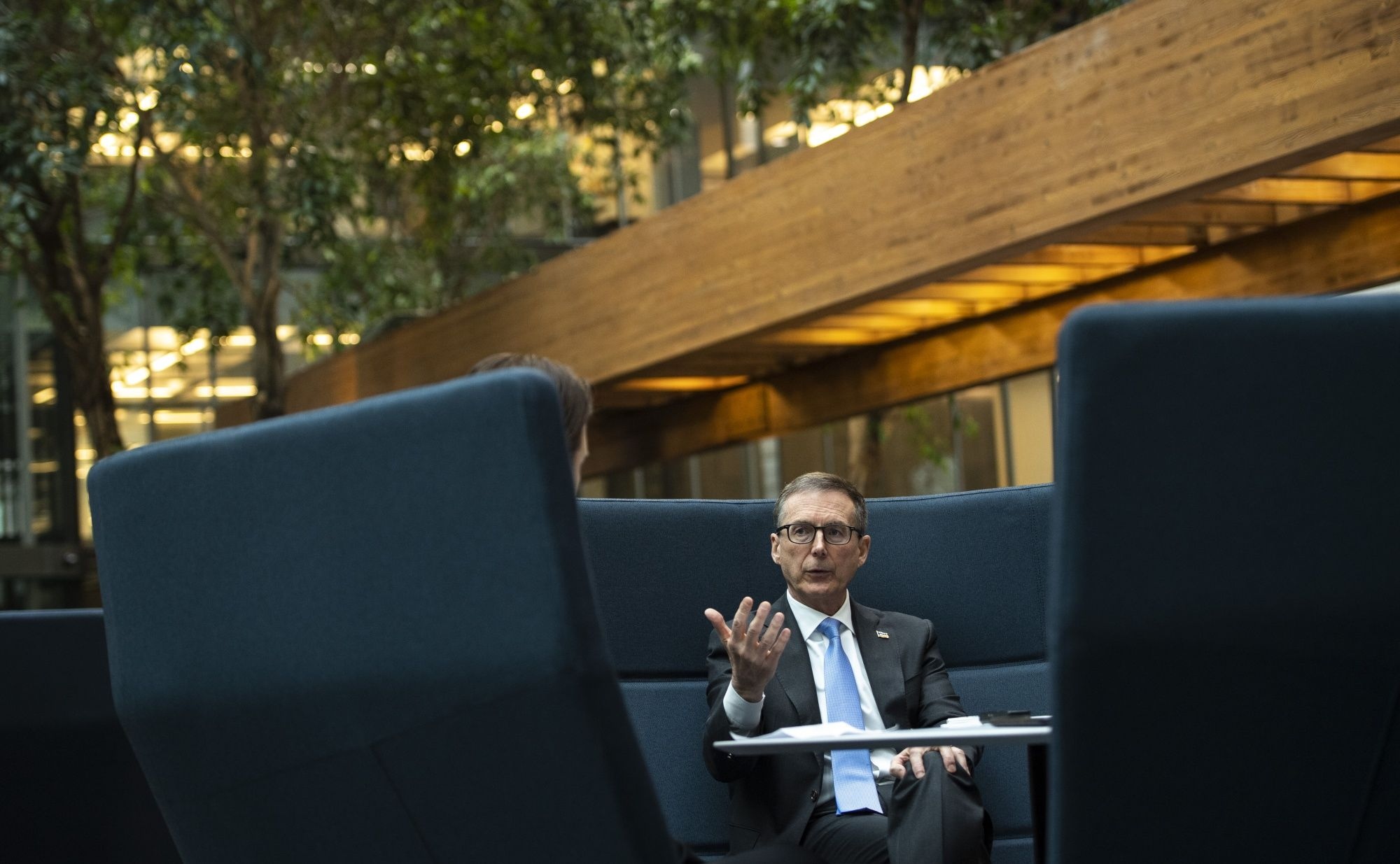Apr 13, 2022
Central banks won't let 1970s stagflation emerge: Macklem
, Bloomberg News
BoC is back on track after being behind the curve for quite some time: BMO's Adatia
Hours after delivering the biggest interest-rate hike in 22 years in Canada, Tiff Macklem had a message for investors: There’s no reason to worry about inflation getting out of hand.
While there is plenty of uncertainty in the global economy, the Bank of Canada governor told Bloomberg News he’s quite certain that policymakers will be able to avoid a return of 1970s-style stagflation.
In the interview, Macklem said the world’s central bankers have learned the hard lessons from letting inflation get too high. They’re adjusting policy quickly to avoid a scenario where price pressures remains elevated and the global economy sinks into a recession, he said.
“A lot has changed since the 1970s,” said Macklem, who earlier Wednesday delivered a half-percentage point rate increase to wrestle inflation down from a three-decade high. “Central banks are going to be much more ahead of it than they were.”

In Canada, that means normalizing monetary policy “relatively quickly” to keep demand in check and prevent inflation expectations from hardening, he said.
Macklem’s decision, which brought Canada’s policy rate to 1 per cent, came on the same day New Zealand’s central bank lifted its official cash rate by half a percentage point to 1.5 per cent earlier in the day. A hawkish pivot is also expected in the U.S., where Chairman Jerome Powell and other policy makers have put a half-point hike on the table for the Federal Reserve’s meeting in May.
On Wednesday, Macklem also provided guidance on how high interest rates could rise in Canada, saying he expects to see the policy rate to return to more normal settings of 2 per cent to 3 per cent. But if needed, they could go even higher.
“The economy just does not work well when inflation expectations become unmoored, when inflation is high and variable,” Macklem said. While market-based expectations and yields have risen higher, they’re still “consistent” with inflation coming back to the bank’s 2 per cent target, he said -- adding that “we wouldn’t want to see them go further.”
Macklem said that while inflation is higher, there’s little evidence of recession risk. The Bank of Canada is forecasting robust global growth of 3.5 per cent in 2022, despite the pressures of Russia’s war in Ukraine. In Canada, unemployment is at the lowest in more than 45 years and it “doesn’t look anything like stagflation,” he said.
In fact, despite some worries the Bank of Canada was slow to start tightening policy, Macklem remains optimistic about a soft landing, where higher interest rates do the job of slowing demand without causing a major economic disruption.
Those expectations hinge in large part on certain assumptions -- that supply chain problems will improve, business investment will accelerate and productivity will rise as COVID rules are lifted.
“I do think those assumptions are balanced and are there risks? Yes, there are risks on both sides,” Macklem said.

